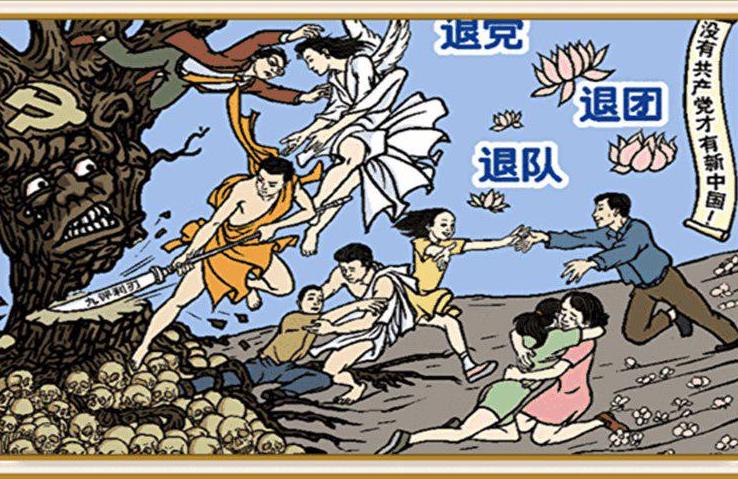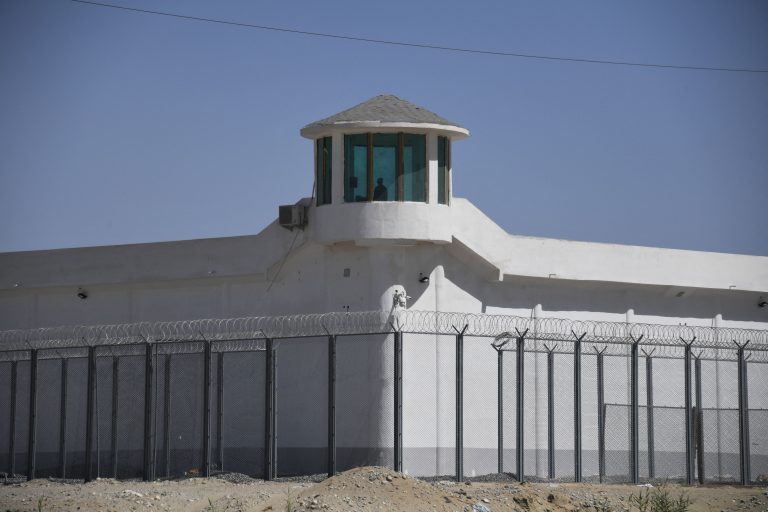The demolition of a 300-year-old ancestral temple by local authorities in Shenzhen, southern China, sparked a demonstration by 4,000 angry residents, who confronted police and officials over what they criticized as an affront against their traditional beliefs.
According to Bitter Winter, an online publication that reports on religious freedom issues in China and around the world, the protests occurred on April 24 in the villages of Shuiwei and Huanggang, part of Shenzhen’s Futian District.
While locals told Bitter Winter that the demolition of the shrine, dedicated to a family bearing the surname Zhuang, was primarily motivated by the government’s desire to open up the space for land developers, the move was also a direct insult to the age-old Chinese belief in the sanctity of the deceased, respect for ancestors, and faith in the divine.

Some demonstrators blocked the entrance to a subway station, near where the ancestral hall once stood.
One sign held up by the protesters read: “The forced demolition of the ancestral hall goes against the Zhuang family and will not be tolerated by Heaven.”
READ MORE
- ‘The CCP is the greatest enemy of the Chinese nation’: Chinese Quit the Communist Party
- On National Fentanyl Awareness Day, DEA Head Highlights Role of Chinese Producers in Opioids Reaching America
Success
You are now signed up for our newsletter
Success
Check your email to complete sign up
“The old ancestral shrine did not disturb anybody and stayed there for 300 years,” one woman told Bitter Winter.
“There is a project of new construction in the area, one of the largest real estate developments in the district. The authorities couldn’t care less about the destruction of the most historical buildings in the area, if they believe they can all profit from the development,” she continued.
In recent history, increasing numbers of Chinese have turned against the dictatorial Communist Party for its rampant corruption, abuse of power, and destruction of China’s traditional culture and values.
Since 2004, hundreds of millions of people have taken part in the “Tuidang” movement to quit the Chinese Communist Party and its two affiliated youth groups. Many written statements of those declaring their withdrawal from the Party cite the CCP’s atheist, anti-tradition ideology as the impetus for their decision to break with the regime.








